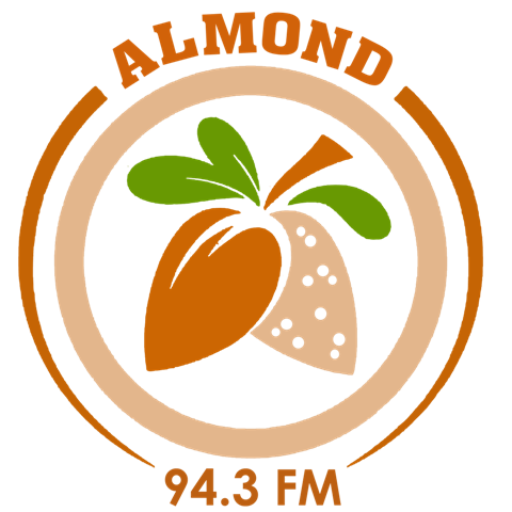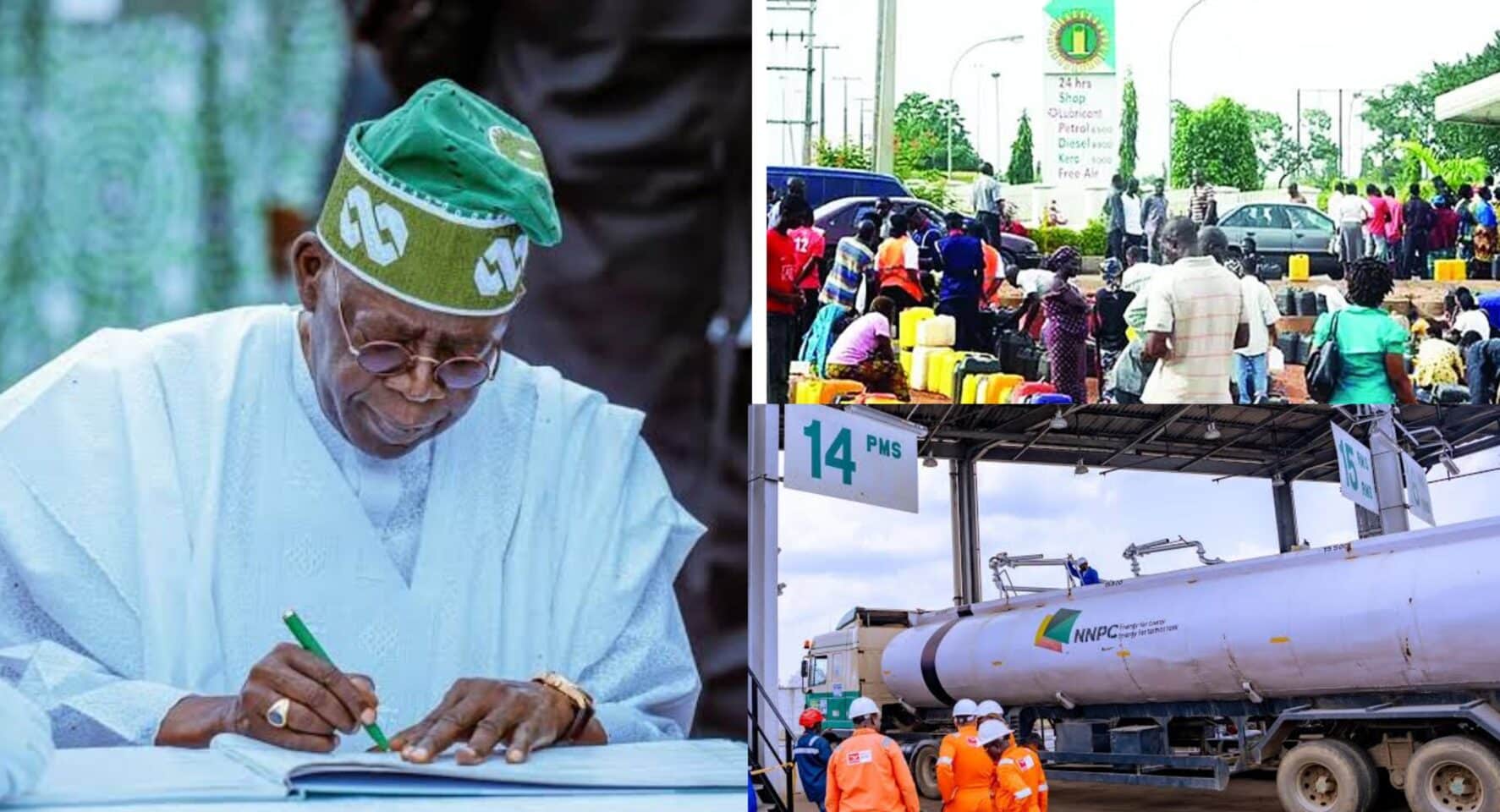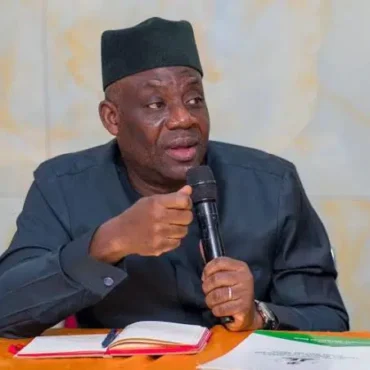Petroleum marketers have warned that the pump price of Premium Motor Spirit (PMS), popularly known as petrol, could surpass ₦1,000 per litre following President Bola Tinubu’s approval of a 15 per cent ad valorem import tariff on fuel imports.
The new tariff policy, which takes effect after a 30-day transition period ending on November 21, 2025, is part of the Federal Government’s plan to protect local refiners and reduce the influx of cheaper imported petroleum products. However, industry operators fear that the move may further drive up fuel prices and worsen the cost-of-living crisis for Nigerians.
Depot operators and independent marketers expressed concern that the measure would make imported petrol more expensive and limit competition in the downstream oil market. Some warned that the retail price, currently around ₦920 per litre in many parts of the country, could exceed ₦1,000 once the tariff comes into force.
One depot operator said the policy would “add more to people’s suffering,” while another cautioned that “without a clear framework to stabilise prices and ensure fair competition, the new duty could trigger another round of fuel hikes.”
The National Vice President of the Independent Petroleum Marketers Association of Nigeria (IPMAN), Hammed Fashola, acknowledged that the tariff could discourage importation and promote local refining but warned that it also carried risks.
“The 15 per cent tariff on imported fuel has its implications. It may cause prices to rise and discourage importers if bringing in fuel becomes too costly,” Fashola said. “While the policy protects local refiners, it may also create a monopoly and hurt consumers if domestic refineries fail to meet national demand.”
He cautioned that inadequate local supply could lead to scarcity and renewed hardship for citizens. “If the local refiners fail to supply enough, it will have serious implications. People will not have alternatives,” he said.
Fashola urged the Nigerian National Petroleum Company Limited (NNPCL) to accelerate efforts to revive the country’s refineries, including those in Port Harcourt, Warri, and Kaduna, to boost local production. He also called for stronger competition among local and private refineries to prevent monopoly in the sector.
Similarly, the National President of the Petroleum Products Retail Outlet Owners Association of Nigeria (PETROAN), Billy Gillis-Harry, described the 15 per cent tariff as a “win-win” initiative but stressed that it must balance product availability and affordability.
“We are looking for fuel availability and affordability. If we drive everyone out of the import business in the name of cheap fuel, scarcity will follow, and prices will skyrocket,” Gillis-Harry said. He added that the Dangote Refinery alone could not meet national demand, emphasising the need for a mix of local production and limited imports.
According to government projections, the tariff could raise the landing cost of petrol by about ₦99.72 per litre, based on an average national consumption of 19.26 million litres daily. This would translate to approximately ₦1.92 billion in additional daily import costs.
The policy is backed by the Petroleum Industry Act (PIA), which empowers regulators to impose tariffs that promote national energy security and economic development. Under the directive, the Nigerian Midstream and Downstream Petroleum Regulatory Authority (NMDPRA) will coordinate implementation and review the tariff periodically as local refining capacity grows.
President Tinubu approved the policy in October 2025, following recommendations from the Federal Inland Revenue Service (FIRS) to align import costs with domestic refining realities and ensure a level playing field for local producers.
Energy analysts say the tariff could encourage investment in Nigeria’s refining sector and strengthen the naira by reducing foreign exchange demand for fuel imports. However, they also warned that without adequate local production, the policy could increase fuel prices and strain household incomes.
Oil industry expert Olatide Jeremiah noted that the measure “will inevitably add around ₦100 per litre to the landing cost of fuel,” potentially creating unfair competition and short-term market instability.
Meanwhile, prominent All Progressives Congress (APC) chieftain and businessman, Chief Ayiri Emami, criticised the policy, saying it would worsen hardship for ordinary Nigerians. He called on the President to suspend the tariff until the economy stabilises.
“Any tax on petroleum goes straight to the people on the streets. Nigerians are already struggling,” he said. “This policy won’t hurt marketers; it will hurt the masses.”
Emami added that the rising cost of petrol had already crippled livelihoods in rural and riverine communities, especially those dependent on transport and fishing. He urged the government to prioritise relief measures and affordable energy before introducing new levies.
While public reactions remain divided, many Nigerians fear the new tariff could trigger another round of inflation unless the government ensures steady local supply and transparent market oversight.






Post comments (0)